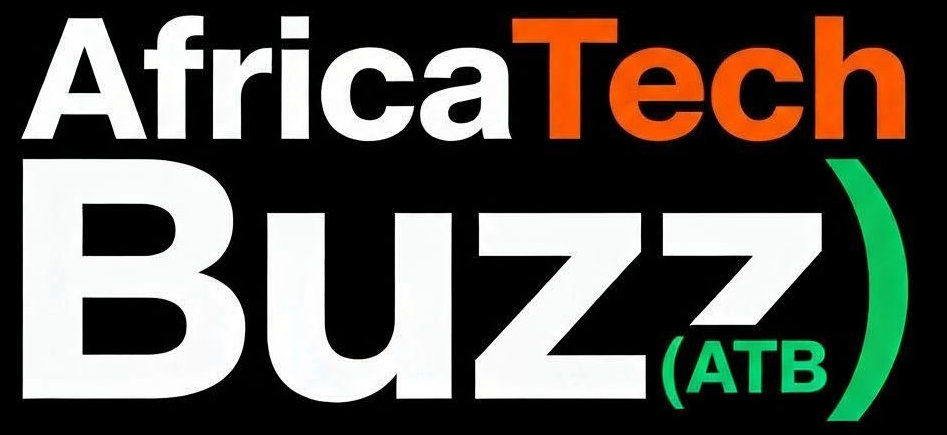If you’ve scrolled through Instagram, X, TikTok or WhatsApp stories lately, you’ve likely been bombarded with Temu’s ads—flashy, irresistible, and impossible to ignore. The Chinese shopping app entered Nigeria’s digital market in late 2024, offering luxury at affordable prices. However, Jumia, the homegrown e-commerce leader, has been providing a wide range of products, from smartphones to kitchenware, since 2012.
Now, as we settle into 2025, the battle between these two platforms is heating up. Is Temu’s rock-bottom pricing worth the hype? Or does Jumia’s decade-long reputation still reign supreme? Let’s unpack the pros, cons.
Temu’s entry into Nigeria’s e-commerce space felt like a major industry shake-up. With catchy slogans like “Shop Like a Billionaire” and jaw-dropping prices (₦500 phone cases, ₦2,000 blenders), the platform quickly rose to #2 on download charts, trailing only Opay. Its competitive edge? Eliminating middlemen and shipping directly from Chinese factories.
Why Nigerians Are Drawn to Temu
-
Deep Discounts: Users can spin a virtual wheel for instant coupons, with some reporting savings of up to ₦300,000 on their orders.
-
Flexible Return Policy: While Jumia offers a 7-day return window, Temu provides a 90-day safety net.
-
Fast Refunds: Some users have claimed to receive refunds within minutes of canceling an order.
Potential Drawbacks
-
Delivery Delays: Orders typically take 7-15 days to arrive, with potential customs-related delays. Urgent purchases may not arrive on time.
-
Inconsistent Product Quality: Reviews vary widely—some buyers find great deals, while others receive items that fall short of expectations.
-
No Cash on Delivery: Payments are card-only, which may be a dealbreaker for those who prefer cash transactions.
For deal seekers, Temu offers exciting opportunities—but as the saying goes, “cheap can come at a cost.”
Jumia: The Reliable Local Alternative
Jumia is Nigeria’s trusted e-commerce giant, consistently delivering convenience and reliability. Whether it’s a last-minute appliance replacement or a quick fashion fix, Jumia’s local presence ensures faster service and fewer uncertainties.
Why Customers Stay Loyal
-
Transparent Pricing: No currency conversion issues or hidden fees—what you see is what you pay.
-
Locally Relevant Stock: From Oraimo power banks to Indomie bundles, Jumia caters specifically to Nigerian needs.
- Faster Delivery: With warehouses across the country, delivery takes 2-5 days for Lagos residents and slightly longer for other locations.
The Showdown: Temu vs. Jumia — What Really Matters?
Nigerian shoppers value affordability and convenience, but which platform delivers the best experience in 2025? Here’s a head-to-head comparison:
Pricing
-
Temu: Significantly cheaper—up to 80% less than Jumia.
-
Jumia: Higher prices, but you’re paying for trusted brands and quality assurance.
Delivery Speed
-
Jumia: 2-5 days for Prime users.
-
Temu: 7-30 days, with potential customs delays.
Trust & Reliability
-
Jumia: Over a decade of credibility in Nigeria.
-
Temu: Mixed reviews—product quality can be unpredictable.
Payment Options
-
Jumia: Cash on delivery, catering to Nigeria’s large unbanked population.
-
Temu: Card and bank transfers only, ideal for digital-savvy users but limiting for others.
User Experience
-
Temu: Engaging, gamified, and addictive—a shopping experience with entertainment value.
-
Jumia: Straightforward, functional, and no-nonsense.
So, which side are you on?
Drop your thoughts in the comments








Better go to the fastest delivery and high price of good quality, Umia shopping is the best than Temu, I bought things from Umia for a lot of times no complaining, but I scared of Temu, Umia is legit especially that you only paid while receiving your items, maybe you make an order something came up, you can cancel it and buy for another time, but while paying for items that you don’t even seen, if something came up urgently what will you do as you are already sent the money to unseen items, Umia is the best of all time
Good